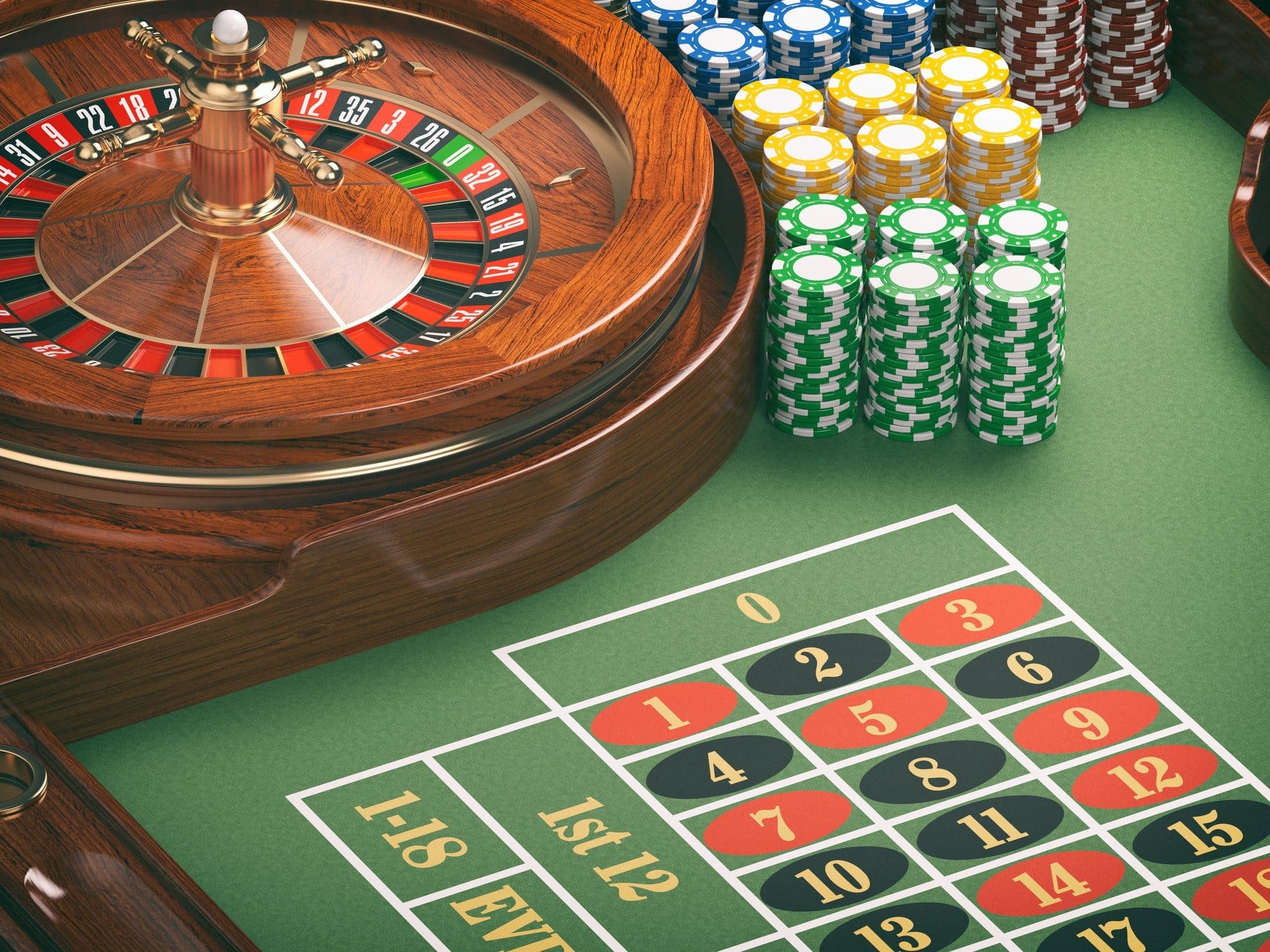A Cultural Impact of Gambling Activities Across the Globe

Casino games have long been a captivating entertainment option, drawing numerous of players from varied cultures around the globe. From the opulent casinos of the Strip to the thriving gambling halls of the Cotai Strip, these games serve as a bridge that brings together people across different backgrounds. The allure of fortune, skill, and gambling entices not only those seeking to win money but also those in search of a feeling of belonging.
The cultural impact of casino games extends far beyond the gaming floor. They often represent the values and principles of the societies in which they prosper. Games such as Texas hold 'em, pontoon, and the wheel game have embedded themselves into the mosaic of mainstream culture, influencing everything from films to clothing. As we explore this captivating intersection of gambling and life, we can gain insights into how casino games shape and are shaped by the world around us.
Historical Evolution of Casino Activities
The roots of gaming games can be tracked back to old civilizations, where betting in various forms was widely practiced. roda4d login In Ancient China, around 2300 B.C., a form of luck game known as Keno was popular, while in ancient Rome, soldiers would frequently gamble on the consequences of their matches. The idea of using chance for fun and gain evolved over the ages, leading to the creation of more formal activities. By the late Middle Ages, betting houses initiated to surface in the continent, notably in Italy, which presented early versions of popular games still played today.
As betting increased fame in Europe, the 17th and 18th centuries saw the appearance of gambling establishments as dedicated locations for gaming. The first official gaming venue, the Ridotto, was founded in the city of Venice in the year 1638, offering games like Baccarat and Faro games. This time marked a major turning point, as casinos started to attract not just the wealthy but also the growing middle-tier society. The complexity of activities evolved, leading to the introduction of new guidelines and modifications that enhanced the gaming experience.
In the 19th century, the industrial revolution and transformations in societal conventions further altered the terrain of gaming games. The arrival of the game of roulette and contemporary one-armed bandits attracted a more diverse clientele, and casinos became seen as legitimate forms of recreation. This era witnessed the globalization of casino activities, as casinos expanded from European nations to the Western Hemisphere, culminating in the establishment of the legendary Las Vegas Boulevard in the 20th century. The development of gambling activities has progressed into the present day, integrating technology and online platforms, making them accessible to a universal market.
## Cultural Importance across Different Cultures
Gambling games have profound cultural value within numerous cultures throughout the planet. In Las Vegas, the very fabric of the city is woven around casinos, where gaming is not just a recreational activity but a fundamental aspect of leisure and social interaction. The dazzling lights and dynamic atmosphere attract a vast audience, showcasing how gambling activities can influence local financial landscapes and cultural identities. This surrounding transforms the notion of leisure into an engaging event that shapes style, melodies, and even cinema.
On the other hand, some societies approach betting with more caution, viewing it through the lens of ethical beliefs and customs. For example, in numerous Asian societies, games like Mahjong and Pai Gow are full of history and possess significant social meanings. These games are often played during meetings and occasions, fostering social ties and solidifying kinship ties. The act of playing these games goes past mere amusement, reflecting ethics such as respect for elders and the value of communal fun.
Simultaneously, in Western countries such as Monaco and Rome, games of chance serve as symbols of luxury and sophistication. The elegant atmosphere of these venues attracts both travelers and native inhabitants, reinforcing a sense of prestige and elitism. The art of poker and the strategic features of games like banker’s game are celebrated, shaping community relationships and cultivating an allure that fascinates a varied audience. This emphasizes how casino games can both reflect and influence societal views towards risk, reward, and relationship building.
Financial Influence and Travel Industry
Gambling activities play a important role in the financial context of many areas, particularly those that rely heavily on visitor traffic. The revenue produced from gambling establishments fuels local financial systems, creating employment opportunities not only within the casinos themselves but also in connected industries such as hotel management, restaurant services, and recreation. This influx of tourists, drawn by the attraction of gambling and the overall casino experience, stimulates spending across multiple local enterprises, contributing to the economic health of the area.
The presence of casinos often leads to the development of facilities, including lodging, public transit, and recreational facilities. These developments are essential in enhancing the overall visitor satisfaction, making locations more appealing to tourists. Additionally, many casinos invest in local communities through support of events and philanthropic activities, further integrating themselves into the community structure of the region. Such contribution not only supports economic growth but also cultivates a positive reputation of the casino industry.
Moreover, the global popularity of casino games drives tourism competition, with locations vying to attract players from across the globe. Iconic destinations like Las Vegas and Macau have become identifiable with gambling culture, drawing millions each year. This competitive edge encourages innovation and variety within the gambling sector, influencing developments in entertainment and hospitality that extend beyond their limits. The consequences of this visitor influx extend far, impacting local economies and cultural exchanges on a worldwide scale.
